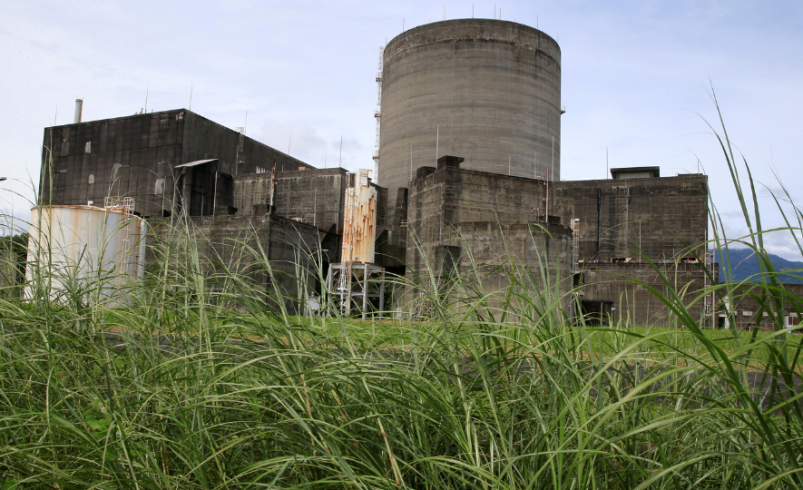PH creates first independent nuclear regulator with PhilATOM law
- September 25, 2025
- 0

Photo credit: Reuters
The Department of Energy (DOE) has welcomed the signing of Republic Act No. 12305, or the Philippine Atomic Energy Regulatory Authority (PhilATOM) Act, calling it a milestone in the country’s shift toward clean and secure energy sources.
Signed by President Ferdinand R. Marcos Jr., the new law establishes PhilATOM as the country’s first independent nuclear regulatory body. It will act as the sole authority overseeing the safe and peaceful use of nuclear energy and
“The passage of RA 12305 strengthens the regulatory framework that will enable the safe and secure peaceful use of nuclear energy in the country. The law modernizes nuclear regulation consistent with the latest International Atomic Energy Agency (IAEA) standards and global best practices,” Energy Secretary Sharon S. Garin said.
The development comes as the Philippines secured a seat on the IAEA Board of Governors for the 2025–2027 term.
“The Philippines’ election to the IAEA Board of Governors fortifies its role in shaping global policies on nuclear safety, security, and the peaceful use of atomic energy,” Garin added.
PhilATOM’s mandate includes regulating critical aspects of nuclear energy infrastructure, from site selection and construction to licensing, safety, and operation. However, electricity generation from nuclear power will still fall under the Electric Power Industry Reform Act (EPIRA), with oversight from the DOE and the Energy Regulatory Commission (ERC).
Ahead of the law’s enactment, the DOE has been spearheading the Nuclear Energy Program Inter-Agency Committee (NEP-IAC), which is tasked with developing the national nuclear roadmap and coordinating efforts to address 19 key infrastructure issues flagged by the IAEA. The committee also engages stakeholders through consultations, studies, and education campaigns to build transparency and public awareness.
“The Philippines’ participation in the IAEA Board and the passage of the PhilATOM law demonstrate the country’s commitment to science, innovation, and sustainable development,” Garin said.
The IAEA’s most recent
What do you think about the creation of PhilATOM and the Philippines’ push for nuclear power—a timely step or long road ahead? Join the discussion.
Follow Power Philippines on Facebook and LinkedIn or join our Viber community for more updates.